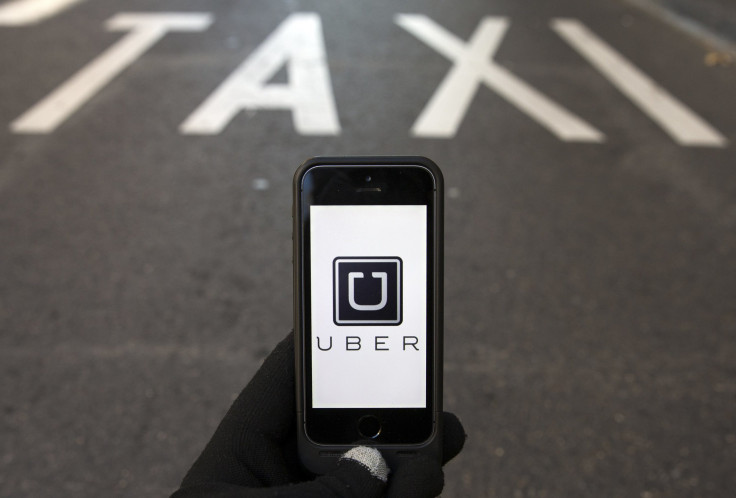Mutual Funds And Pensions Now Piling Into Risky Tech Investments

Would you bet your retirement on Uber? How about Pinterest? They're among the Silicon Valley darlings increasingly attract
Mutual fund giant Fidelity Investments, for instance, has bought up a combined $390 million of Pinterest, Uber and Airbnb. T. Rowe Price has inked 17 deals with private tech firms. As Bloomberg reports, hedge fund and mutual fund investments have played a crucial role in inflating the valuations of these tech startups to startling levels.
Observers worry that the deals expose traditionally safe pools of funds to undue risks. The companies involved have not filed with market regulators, and their financial statements aren’t open to public scrutiny.
Analysts note, however, that these name-brand startups aren’t the same shaky ventures that dominated the dot-com bubble. Uber, valued at $40 billion, pulls in significant earnings, as does Airbnb. But others, like the $15 billion Snapchat, have less proven revenue models.
The current tech boom is also different in that the startups now attracting big money are relatively mature. Compared to early dot-com upstarts, today’s companies are taking their time going public. That means investors are taking on less risk when they buy up pre-IPO shares.
Still, the trend adds a new wrinkle to the conversation over the stratospheric valuations of rising Web titans. Fifteen years after the dot-com bubble popped, some see signs of a repeat. Dallas Mavericks owner and dot-com-boom survivor Mark Cuban, for instance, wrote a dire-sounding blog post early this month warning of unrealistic valuations of new tech companies like Uber and Pinterest.
Cuban’s argument met significant pushback: In 2000, it was a surging tide of small-time stock-market investors who were hit hardest. Today, the counterargument goes, risks are limited to wealthy “angel” investors and venture capitalists who can afford to lose.
But the recent reports seem to vindicate Cuban. The repositories of millions of Americans’ retirement savings are now tied up in speculative technology investments. Should the boom turn to bust, it won't just be Silicon Valley royalty taking a hit.
© Copyright IBTimes 2025. All rights reserved.






















